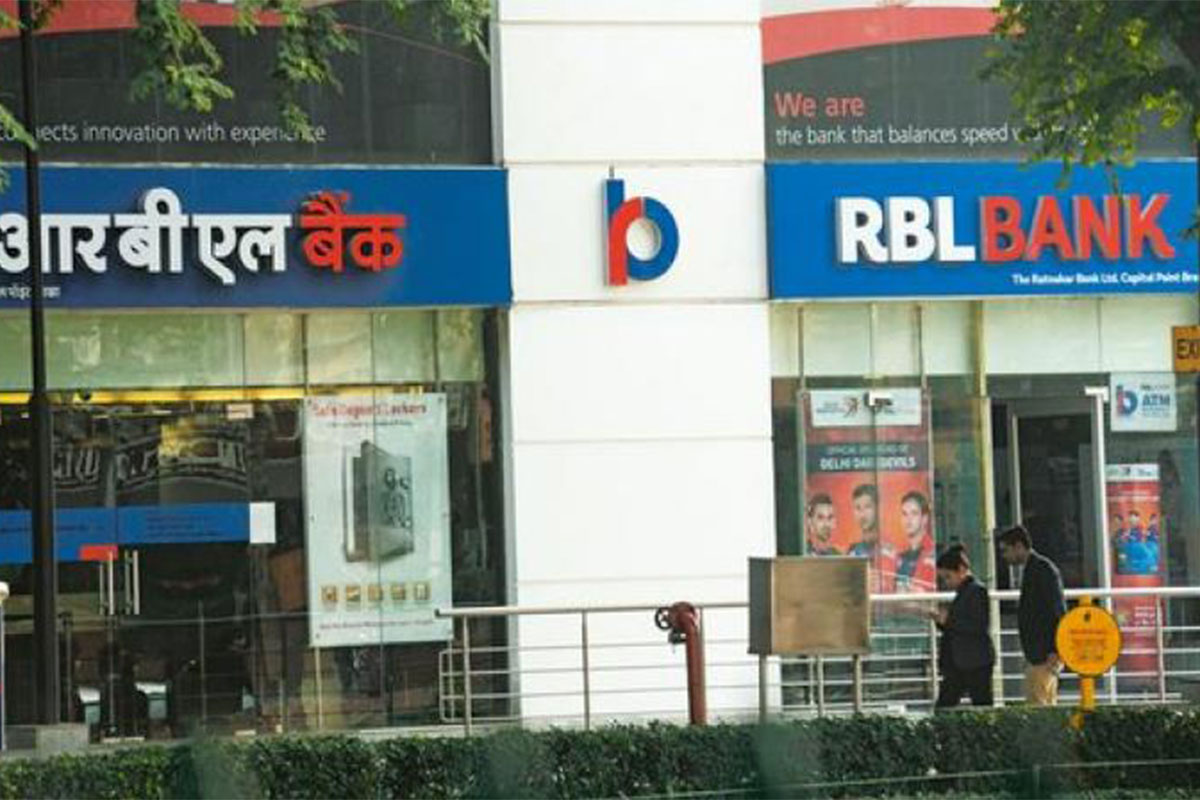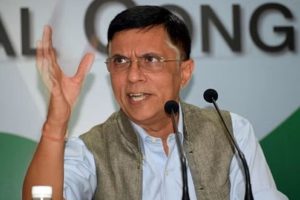Private sector lender RBL Bank on Wednesday reported a 165 per cent jump in its September quarter net to Rs 144 crore on a lower base and guided towards some pressure in margins in the next quarter as interest from some stressed advances may not accrue.
The lender also said it has received the Reserve Bank of India’s approval to sell up to 9.9 per cent stake to Baring Asia entity Maple through preferential allotment of shares.
Advertisement
The bank said during the July-September period, its core net interest income (NII) grew 7 per cent to Rs 932 crore, but was down 10 per cent as compared to the preceding June quarter.
Its managing director and chief executive Vishwavir Ahuja explained that around Rs 90 crore of loans could have slipped into non-performing assets (NPAs) during the quarter, if not for the Supreme Court mandate on asset recognition. However, the bank set aside money for them as NPA and proactively did not recognise the income as interest earned, which put pressure on the margins.
A similar Rs 90 crore of assets, mostly corporate loans, are likely to slip in the third quarter where interest income recognition will not happen, he said.
The bank set aside an additional Rs 310 crore towards COVID-19 impact on loans, taking the overall buffer to Rs 660 crore. The overall provisions came at Rs 526 crore as against Rs 541 crore in the year-ago period.
The net interest margin, which came down to 4.34 per cent during the reporting quarter, will be at a similar level in the December quarter and jump up to the usual 4.85-4.90 per cent levels by the fourth quarter, Ahuja said.
By the fourth quarter, the bank’s NII will reach the normal level of over Rs 1,000 crore, he added, pointing to the loss because of the stressed assets in Q2.
The bank, which had suffered quite a few setbacks on corporate loans leading to a hit on profits, now has 57 per cent of its advances come from the non-wholesale segment and the rest from wholesale.
Ahuja said the de-bulking exercise was one of the prime reasons for reducing the overall advances by 4 per cent despite an over 20 per cent jump in retail loans and added that the bank will be cautious on corporate loans and keener on retail products like credit cards.
Over 93 per cent of its corporate advances are investment grade at present, Ahuja said.
Around 8.5 per cent of its credit card dues are under moratorium as of Wednesday, and the bank will continue to address the market opportunity here, the chief executive said, adding that in September, it issued 1 lakh new card as against the pre-COVID high of 1.3 lakh in February.
The other income moved up marginally to Rs 452 crore during the reporting quarter.
From a capital adequacy perspective, Ahuja said the bank has received the RBI nod for letting Maple take ownership of up to 9.9 per cent and sounded confident of pulling off a Rs 1,566 crore preferential allotment within a fortnight.
Maple will pay Rs 1,000 crore for a 9.5 per cent stake, and the remaining Rs 566 crore will come from ICICI Prudential, and existing investors, including CDC and Gaja Capital.
The overall capital adequacy, which stood at 16.5 per cent as of September 30, will go up to 18.7 per cent after the new fund infusion and the core tier-I will be 17.5 per cent as against 15.1 per cent, Ahuja said.
The bank scrip closed 0.26 per cent up at Rs 175.65 apiece on the BSE as against a correction of 1.48 per cent on the benchmark.











